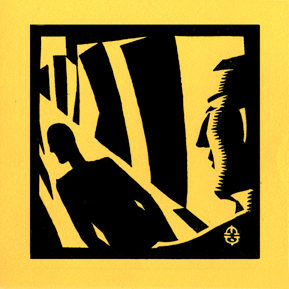HUMOR RISQUE
“Sh—there’s been lots of talk,
Sh—About the way we walk;
And our mode of dressing
Is so—so distressing.
It’s the flappers—I mean,
So bold and serene.”
“I’m just Humor Risque,
I never ask if I may;
I’m short and snappy,
I’m wild and happy;
I’m a bold, bold flapper,
It’s known I’m rough,
For I’m a cold, cold flapper,
And I know my stuff;
I have my own little way,
For I’m just Humor Risque.”
“We go with tailor dummies,
and dance hall rummies;
We mean nothing in life,
and much less as a wife;
Because I say—
We’re Humor Risque.”
Flo Edwards,
Hotel Ritz,
London, England
Have found daddy. He forgives you and everything.
Come home at once. Will meet you in New York.
He has a new act for us. Address Hollywood Hotel.
Daddy has just dyed his hair. He looks about twenty-five.
Much love,
Carol
Carol Edwards
Care of Hollywood Hotel,
Hollywood, California, U. S. A.
I am so happy can hardly wait to see you both. Will arrive in New York about three weeks. Will wire exact date. Tell Daddy I just had my face lifted and I look twenty.
Love,
MOTHER.


